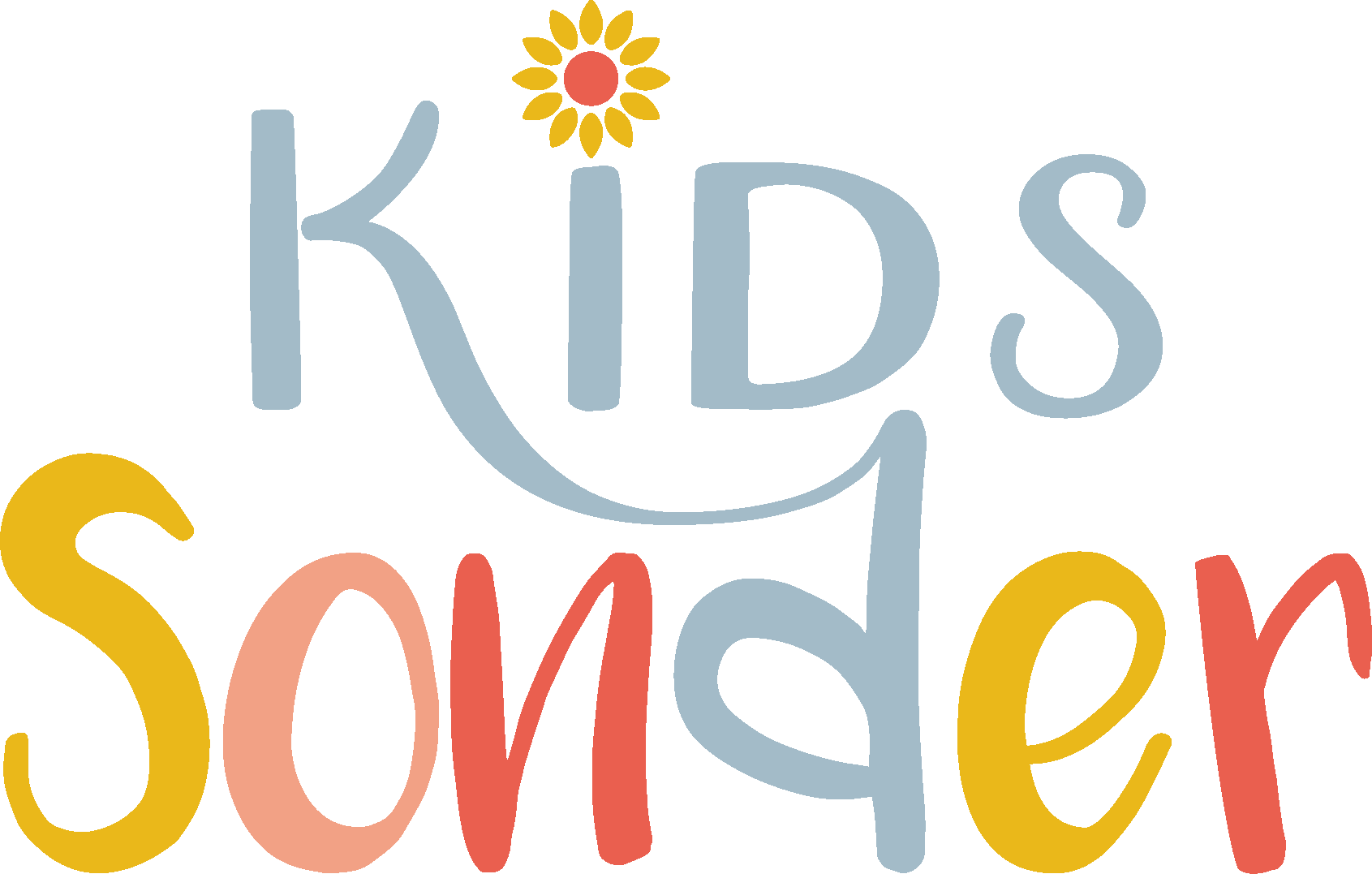Gardening is more than just planting seeds and watching them grow. It is a powerful educational tool that teaches kids valuable life skills, science concepts, and environmental responsibility. Whether they are growing vegetables, flowers, or herbs, children can develop a deep appreciation for nature, food, and sustainability. Here are some of the incredible things kids can learn from gardening:
1. Where Food Comes From
Kids gain firsthand knowledge of how fruits, vegetables, and herbs grow. They learn that food doesn’t just come from a grocery store but starts as a seed that requires care and patience.
2. Responsibility
Plants need water, sunlight, and care to thrive. By tending to their garden, kids develop a sense of responsibility and accountability as they nurture their plants from seedlings to harvest.
3. Patience and Delayed Gratification
Gardening teaches kids that good things take time. They must wait for seeds to sprout, flowers to bloom, and fruits to ripen, reinforcing the importance of patience and persistence.
4. Science and Biology
Gardening is a hands-on way to learn about plant lifecycles, photosynthesis, pollination, and soil health. It introduces botany, chemistry, and even microbiology as kids explore composting and soil composition.
5. Math Skills
From measuring plant spacing to tracking growth and estimating yields, gardening involves practical math applications. Kids learn about addition, subtraction, multiplication, and even fractions when dividing plants or planning a garden layout.
6. Healthy Eating Habits
Children who grow their own food are more likely to eat fruits and vegetables. They become excited to try new foods and understand the nutritional value of fresh produce.
7. Environmental Stewardship
Gardening teaches kids about sustainability, conservation, and the importance of pollinators like bees and butterflies. They also learn about composting, reducing food waste, and protecting the environment.
8. Teamwork and Cooperation
If gardening is done in a group setting, such as at a school or community garden, or at home with family kids learn teamwork, communication, and problem-solving skills as they work together to grow and maintain plants.
9. Problem-Solving Skills
Gardening comes with challenges, such as pest infestations, unpredictable weather, and soil issues. Kids learn how to identify problems and find creative solutions, improving their critical thinking skills.
10. Mindfulness and Stress Relief
Gardening has been shown to reduce stress and improve mental well-being. Digging in the soil, being outdoors, and watching plants grow can have a calming effect and boost mood.
11. Creativity and Curiosity
From designing garden layouts to experimenting with different plant combinations, gardening sparks creativity and curiosity. Kids can explore different colors, textures, and plant varieties while learning through hands-on discovery.
12. The Importance of Pollinators
Kids can learn about the essential role of bees, butterflies, and other pollinators in food production. They gain an appreciation for biodiversity and how every organism has a role in the ecosystem.
13. Entrepreneurship
For older kids, gardening can be a stepping stone to entrepreneurship. Selling homegrown vegetables, flowers, or herbs at a farmers’ market teaches business skills, budgeting, and customer service.
14. Cultural and Historical Connections
Gardening provides a window into different cultures and traditions, from growing heritage crops to learning about historical agricultural practices. Kids can explore how food connects to history and different cuisines around the world.
15. Lifelong Skills and Career Exploration
Gardening fosters a lifelong appreciation for nature and sustainability. It also introduces kids to potential careers in agriculture, horticulture, environmental science, and culinary arts.
Final Thoughts
Gardening is an enriching, hands-on learning experience that teaches kids essential life skills. It fosters curiosity, responsibility, and a love for nature, all while providing practical lessons in science, math, and sustainability. Whether in a backyard, school garden, or small container on a windowsill, gardening has endless opportunities for growth—both for plants and for young minds.

